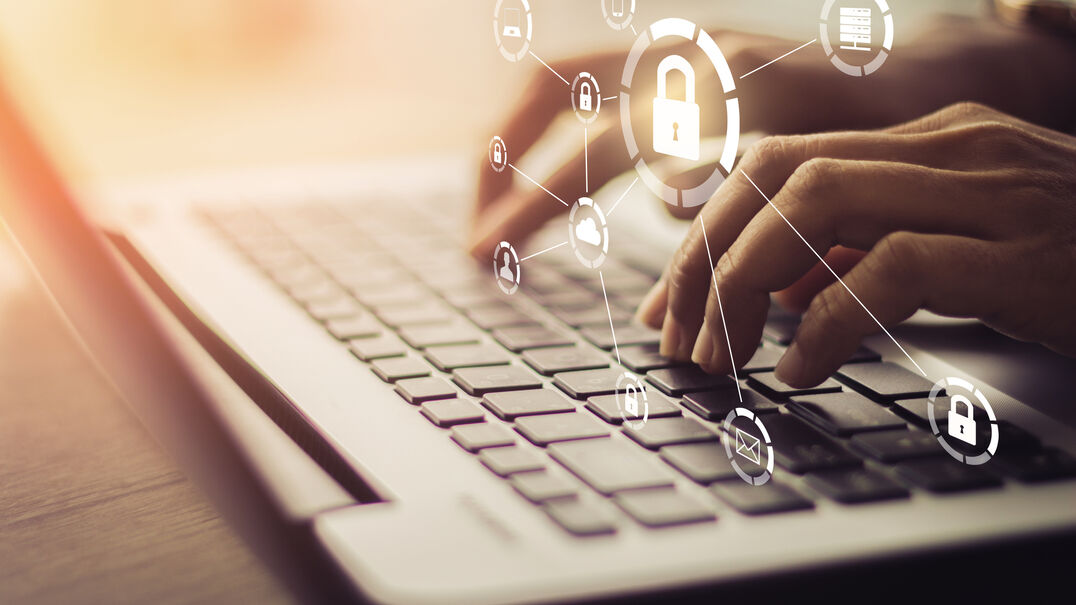Scam emails get harder and harder to spot as cyber criminals get more sophisticated in their approach. The Australian Cyber Security Centre has information and guidance on identifying socially engineered messages that are delivered by email, SMS or other direct messaging services.
We all know by now that practitioners and firms are targets for email fraud. An increasing flow of cyber claims coming to us though tell us that not everyone is good at picking the difference between a legitimate email and one from a scammer. It gets harder as cyber criminals become more and more sophisticated.
The starting point is often an email requesting you open an attachment or link or seeking information such as your username or password. Mostly they come via email, but they may also come through, text or social media. Often they appear to be from a government department, a client, a court or another law firm, a business supplier you use or a person you know. It may seem obvious not to open or provide details, but many people are tricked by these scam messages because they don’t know what to look for, and have dropped their guard when they think the message is from a trusted source.
LPLC has published a large body of risk management information for lawyers and made it all available on our website. One of our key publications is our Cyber Security Guide for Lawyers providing legal firms and staff with practical, step by step information about protecting against scam messages and many other cyber risks.
Everyone in the firm must practice good cyber hygiene to keep the firm’s systems, client information and client money safe. As the number of phishing emails hitting your inbox increases its essential that you keep developing your skills to keep yourself, your firm and your clients, cyber safe.




